Why That Book Isn’t in the Library; or, no starting your own small press isn’t always the answer to diversity
Earlier this week, The New York Times posted an article about sensitivity readers that prompted a heated discussion on Twitter. Because of the holidays I didn’t follow all of the conversations happening, though I did see that author Joyce Carol Oates suggested that historically marginalized authors start their own small presses and literary magazines to help fill the gap.
No one should censor writers–just don't read what offends you. Start your own publishing houses & magazines as many (of us) have done. https://t.co/md6fDXAs0K
— Joyce Carol Oates (@JoyceCarolOates) December 25, 2017
Besides the fact that this is being done, I recognized immediately what a huge problem this suggestion is, mainly because I know how books get in to our libraries. So let me explain to you why an author starting their own small press won’t help the problem of not enough diversity in publishing from a library perspective.
ADVERTISEMENT
ADVERTISEMENT
A library is a business, it’s a non-profit business but it is still a business. So like any business, we have processes and rules and regulations. In fact, because libraries involve spending public money, we are heavily regulated. In the state of Ohio, for example, we are regularly audited by state auditors and we have to be able to show where all of our monies were spent and that we followed all of the rules and regulations. Buying books for the public library is not the same as buying books for your home, there are a variety of rules and processes in place and, unfortunately, they often put small and independent presses at a huge disadvantage when it comes to buying books for our school and public libraries.
Vendors
Most libraries work with specific vendors. This involves POs, which we will talk about in a moment, and vast discounts. Vendors like Baker and Taylor, Ingram and Follett allow libraries to purchase large quantities of books at a steep discount, making our dollars stretch farther. These vendors specialize in library distribution so they have built targeted programs that make putting together large book orders quick and easy. They work with librarians to develop interfaces and do things like built specific carts, find professional reviews in one place, and download catalog records. And I mentioned the discounts, right? The discounts are just as important as the technology. Many libraries will only buy books through their vendor. If a book isn’t offered by the vendor being used by the library, then it can’t be purchased. A lot of small press titles are not distributed by vendors, so being published by one of the big publishing houses eliminates a HUGE stumbling block to getting a book on the shelves of the local public and school library.
Purchase Orders
In every library I have worked at, you have to have a purchase order approved by administration before you can make a purchase. And in many libraries, you can only get a purchase order from a set of pre-approved vendors. Some libraries will approve purchase orders for a local brick and mortar store or for an online retailer like Barnes and Noble or Amazon, but some will not. This depends on the local library and their fiscal officer. The necessity of POs presents yet another stumbling block for getting small and independently published titles into our public libraries.
Catalog Records
Every book that comes into the library must be cataloged. Many libraries used to have large technical services departments that spent the time cataloging each and every book that comes into the library. But as library budgets shrank and technology changed, the cataloging process has changed as well. Today, most libraries purchase the catalog records through the vendor and do very little original cataloging. So for a title to be added to the collection, it has to have a catalog record. I sound like a broken record at this point, but again, this is a stumbling block for small and independently published titles.
Positive Professional Reviews
Public and school libraries often face material challenges. This means that a member of the public objects to having a particularly title in the local library. In order to help address any potential material challenges, libraries go through the process of developing concrete collection development policies and materials challenge procedures. Every library has a policy in place for their book selectors and they often will state that a book must have at least one and sometimes two positive professional reviews before a title can be purchased. Please note it is always professional reviews, which usually means from a professional review journal like School Library Journal, Library Journal, Publisher’s Weekly, Kirkus or Booklist. Blogs, Goodreads, etc. typically don’t count as professional reviews. This need for professional reviews again means it is harder for a small or independently published title to get even in front of the eyes of a selector, let alone past one of the gate-keeping measures that libraries must use to build their collections.
With the growth of small and independently published titles, some libraries have taken steps to help incorporate these titles into their local libraries, but not all. Not a lot, in fact. Many libraries will take donations of small and independently published titles by local authors and build local author collections, but this doesn’t help book sales and it doesn’t help get authors on the shelves. And we can debate whether or not these are good policies on the part of libraries for days, but the reality is that libraries have to have operating procedures, they have to be accountable for public monies spent, and they have a responsibility to get the most bank for their buck to best serve their local communities. This need must be balanced with the need to build inclusive collections and provide access, but the reality is that for a lot of library systems, small and independent presses are hard to incorporate into their purchasing routines.
Small and independent presses are a possible solution to help solve the lack of diversity and inclusion in publishing, but they are not the only answer and if we want to help libraries build more inclusive collections, they aren’t the best answer. The truth is that this lack of diversity in publishing is a systemic, multi-faceted problem that needs to be addressed in a variety of ways. One of those ways is that we need for the big publishing houses to start publishing more diverse and inclusive titles. Big publishing houses have done the work of building up marketing and distribution channels, they have the funds to promote the titles, and they have systems in place to get those titles in front of the largest number of eyes possible to start changing the world. Starting your own small press is great, but it has to have the time to be nurtured and developed, and it has to have the funds. I wouldn’t want to discourage anyone from starting their own press or literary magazine if that is what they want to do, but that isn’t the right answer to the question of how do we help make our public libraries more diverse today.
Filed under: Uncategorized
About Karen Jensen, MLS
Karen Jensen has been a Teen Services Librarian for almost 32 years. She created TLT in 2011 and is the co-editor of The Whole Library Handbook: Teen Services with Heather Booth (ALA Editions, 2014).
ADVERTISEMENT
ADVERTISEMENT
SLJ Blog Network
The 2025 Children’s Lit Animal Rankings
Review of the Day: Fireworks by Matthew Burgess, ill. Cátia Chien
Cat Man | Review
When Book Bans are a Form of Discrimination, What is the Path to Justice?
ADVERTISEMENT


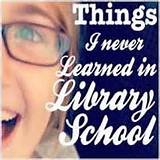


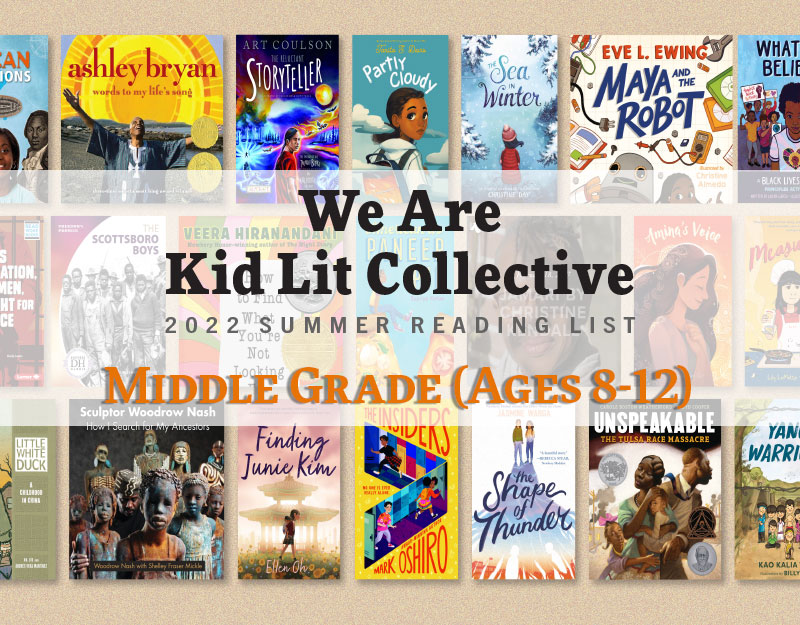
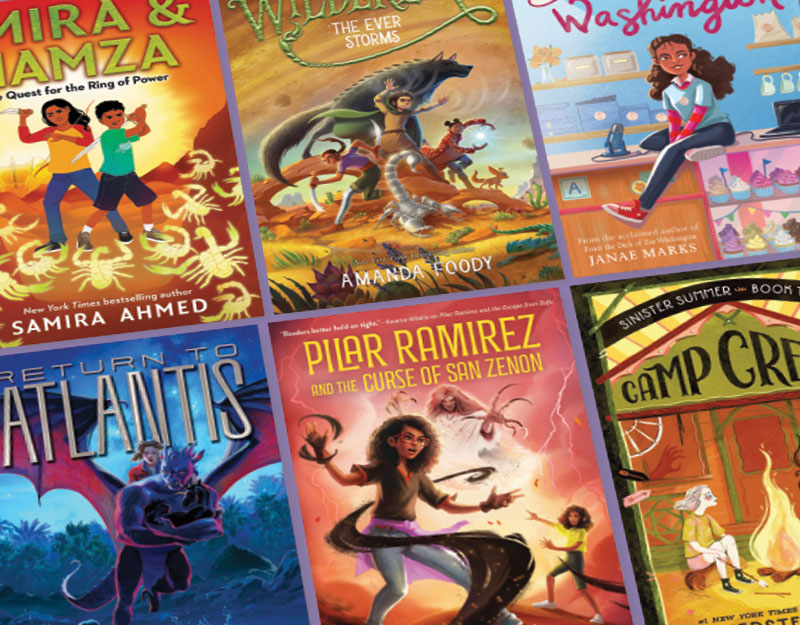
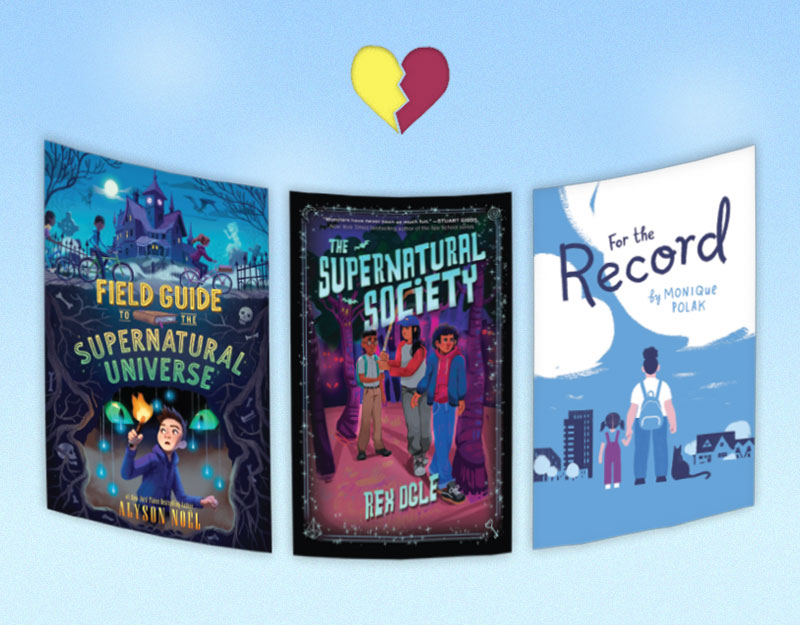
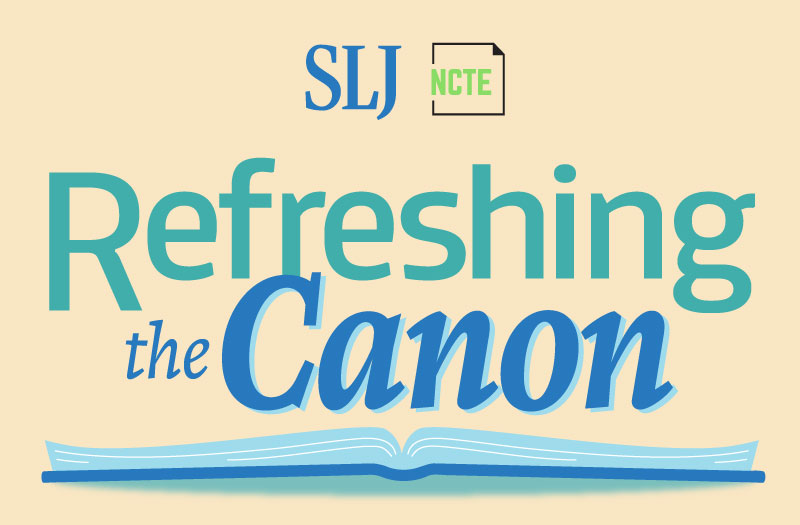
I think that the main thing Joyce Carol Oates was talking about is that if there were a large vibrant community of readers developed in e.g. the African-American and Latinx communities, they could find all the books they could ever hope to read from smaller presses that would be able to make a profit. For example, there are so many thriving niche presses for Mormons and Jewish people, and they are communities that are much smaller in number. Countries like Sweden, Norway, and Denmark manage to support many presses, and they are much smaller than number. Instead of focusing on supply, focus on demand.
Curious though. Do you have ANY small press books in your own library that might not have been reviewed in big review outlets, but you still managed to order? If so, approx how many?
The library that I currently work at has less strict rules than some of the previous libraries that I have worked at, so yes, we have some small press libraries. Each library system and school district sets their own rules. This was just an overlook at the obstacles that are in place for many libraries when it comes to small and independent press and they are very real.
very nice publish, i definitely love this web site, carry on it